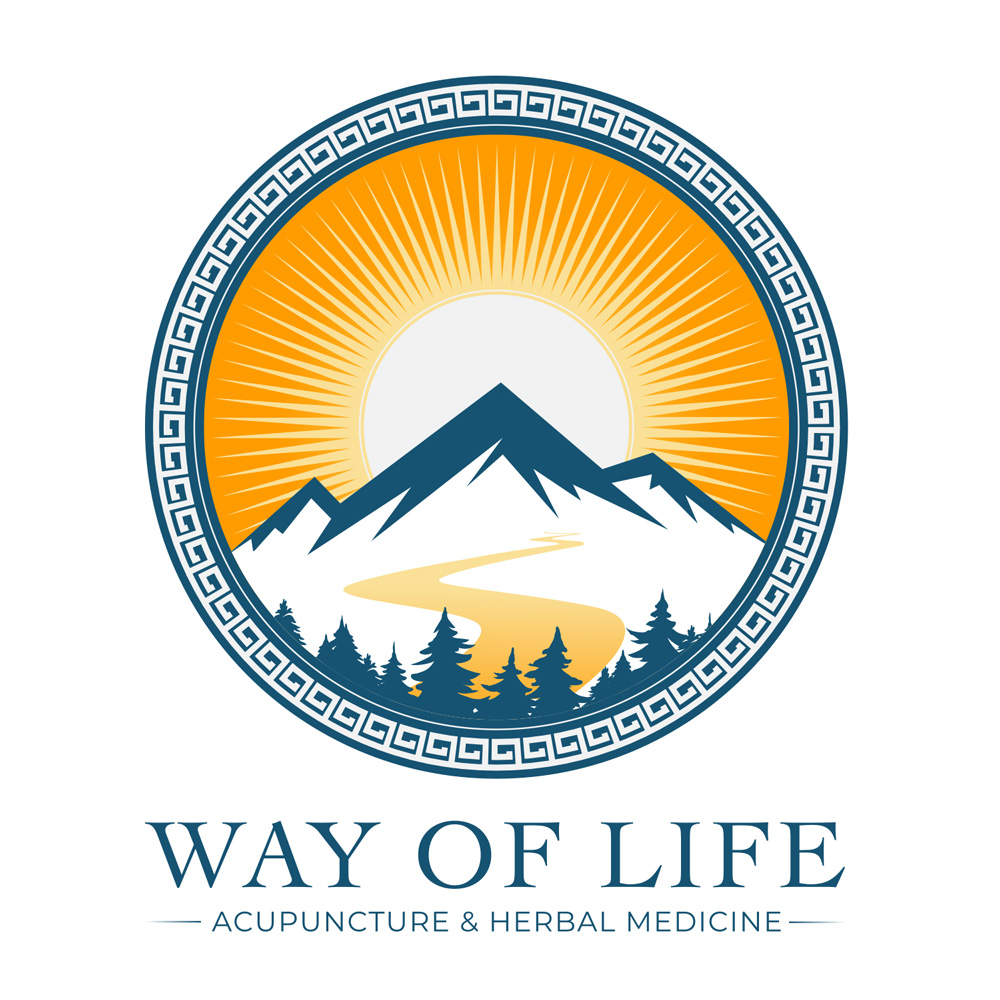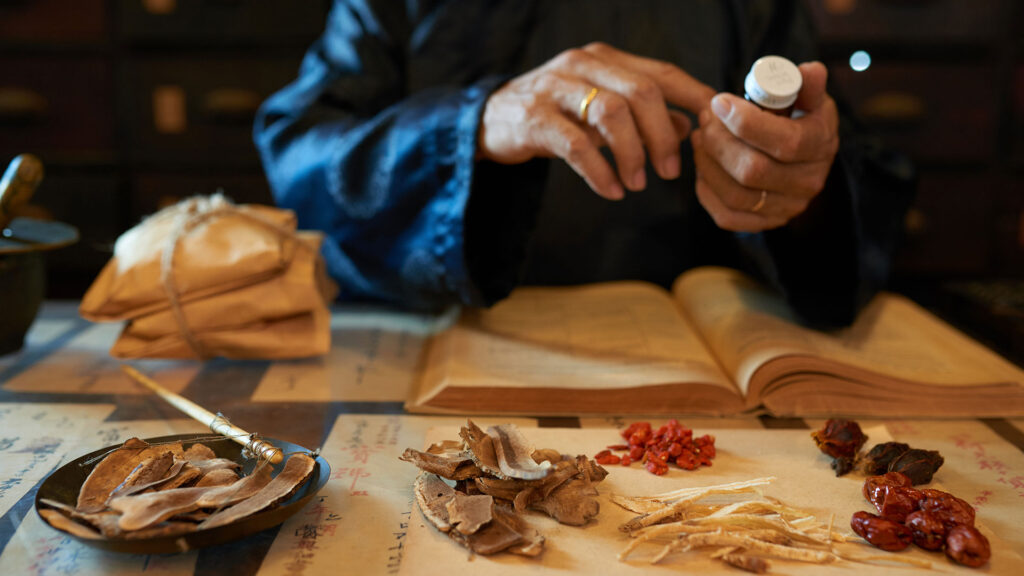Anxiety and depression are two of the most common mental health disorders, affecting
millions of people worldwide. While there are many conventional treatments available,
such as medication and therapy, some people may prefer to explore alternative
approaches, such as lifestyle changes, herbs, supplements, and Chinese medicine. In
this article, we will explore the clinically effective methods of treating anxiety and
depression with a comprehensive approach that includes lifestyle suggestions, herbal
suggestions, supplement suggestions, and Chinese medicine.
Lifestyle Suggestions for Anxiety and Depression
- Exercise: Regular exercise has been shown to be effective in reducing symptoms
of anxiety and depression. Exercise releases endorphins, which are natural
mood-boosters. - Sleep: Getting enough sleep is important for overall health and well-being. Lack
of sleep can contribute to feelings of anxiety and depression. - Diet: Eating a healthy, balanced diet can help improve mood and reduce
symptoms of anxiety and depression. Foods that are high in omega-3 fatty acids,
such as salmon and walnuts, have been shown to be effective in reducing
symptoms of depression. - Mindfulness: Mindfulness practices, such as meditation and yoga, can help
reduce symptoms of anxiety and depression by promoting relaxation and
reducing stress. - Social Support: Having a strong support system can help reduce feelings of
isolation and loneliness, which can contribute to anxiety and depression.
Herbal Suggestions for Anxiety and Depression - St. John’s Wort: St. John’s Wort is a natural antidepressant that has been shown
to be effective in reducing symptoms of depression. - Kava: Kava is a natural sedative that has been shown to be effective in reducing
symptoms of anxiety. - Passionflower: Passionflower is a natural calming agent that has been shown to
be effective in reducing symptoms of anxiety. - Valerian Root: Valerian root is a natural sedative that has been shown to be
effective in reducing symptoms of anxiety and improving sleep. - Ashwagandha: Ashwagandha is an adaptogenic herb that has been shown to
help reduce stress and anxiety.
Supplement Suggestions for Anxiety and Depression
- Omega-3 Fatty Acids: Omega-3 fatty acids, which are found in fish oil
supplements, have been shown to be effective in reducing symptoms of
depression. - Vitamin D: Vitamin D deficiency has been linked to an increased risk of
depression. Taking a vitamin D supplement may help reduce symptoms of
depression. - B Vitamins: B vitamins, particularly vitamin B12 and folate, have been shown to
be effective in reducing symptoms of depression. - Magnesium: Magnesium deficiency has been linked to an increased risk of
depression. Taking a magnesium supplement may help reduce symptoms of
depression. - 5-HTP: 5-HTP is a natural supplement that has been shown to be effective in
reducing symptoms of depression and anxiety.
Chinese Medicine for Anxiety and Depression
- Acupuncture: Acupuncture is a form of traditional Chinese medicine that involves
the insertion of thin needles into specific points on the body. It is believed to help
restore the flow of qi and promote healing. - Herbal Medicine: Chinese herbs are often combined into formulas that are
tailored to the individual’s specific needs. Several Chinese herbs have been
shown to be effective in treating anxiety and depression. - Qigong: Qigong is a form of Chinese exercise that involves slow, gentle
movements and deep breathing. It is believed to help restore the flow of qi and
promote overall health and well-being. - Tai Chi: Tai Chi is a form of Chinese exercise that involves slow, flowing
movements and deep breathing. It is believed to help reduce stress and anxiety. - TCM Dietary Therapy: TCM dietary therapy is a form of Chinese medicine that
uses food as medicine. Certain foods are believed to have specific healing
properties that can help reduce symptoms of anxiety and depression.
A comprehensive approach that includes lifestyle changes, herbs, supplements, and
Chinese medicine can be an effective way to manage symptoms of anxiety and
depression. If you are interested in exploring these approaches as a treatment option
for anxiety and depression, contact our office for guidance in developing a
comprehensive and personalized strategy plan.





